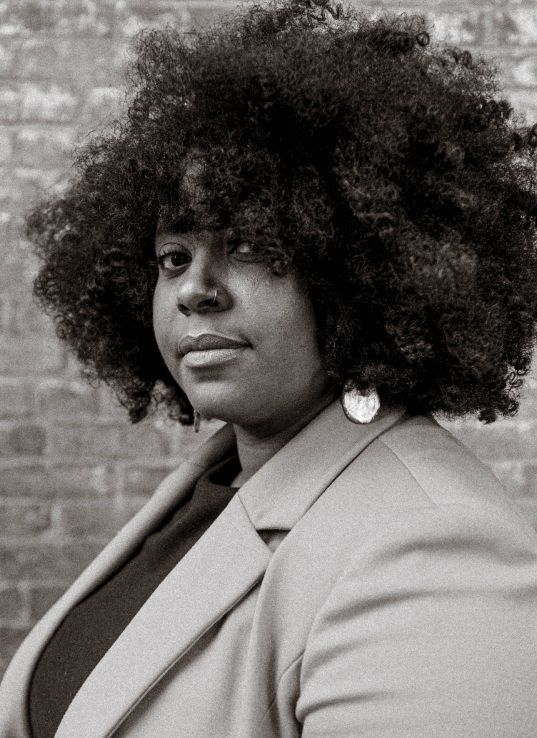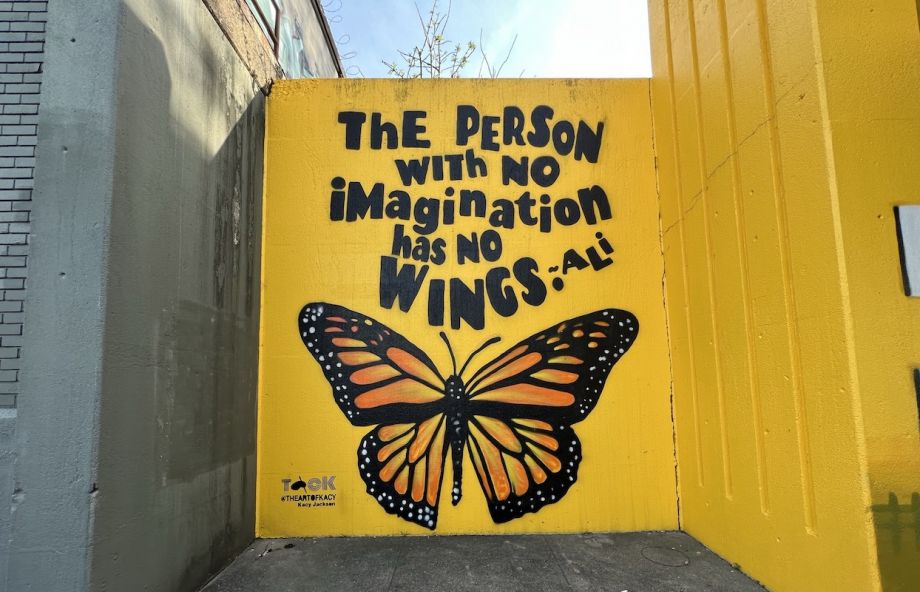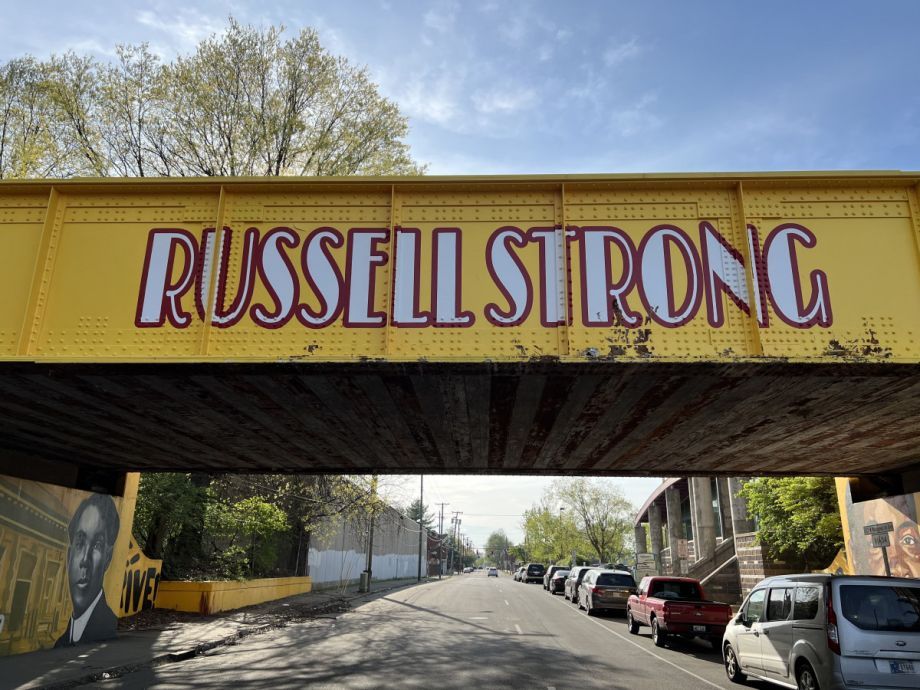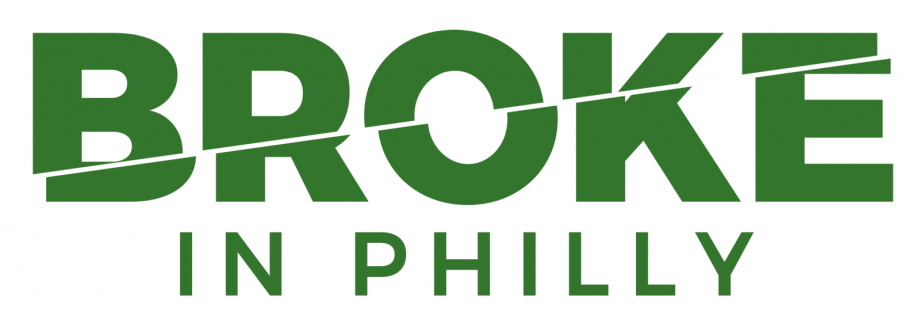Karthik R.
This is your first of three free stories this month. Become a free or sustaining member to read unlimited articles, webinars and ebooks.
Become A MemberLouisville activist Cassandra Webb has been working to curb violent crime in her city for years.
Cities United, the national nonprofit with which she works, has taken on the mission of violence reduction in the city from seemingly every angle: working with youth leaders at the ground level, convening a network of urban leaders and stakeholders, advancing place-based initiatives to align public and private resources with Louisville residents’ vision for reversing disinvestment in their communities.
But increasingly, Webb says, it’s become clear to her that some of these problems can only be solved through money – specifically, cash flowing directly to Louisville residents every month through a guaranteed income program.
Webb currently leads Cities United’s incubation of Russell: A Place of Promise, a resident-led revitalization effort in Louisville’s historically-Black Russell neighborhood. She believes shrinking economic disparities through guaranteed income may be an effective strategy to curb not just violent crime, but housing instability amid growing private and public investment in Louisville’s historically Black neighborhoods.
“That was kind of our thesis as Cities United was exploring and researching for Russell: A Place of Promise, focusing on Black wealth-building and really stabilizing the wealth that exists in our communities and growing those opportunities,” Webb says.
While other organizers in the city are pushing for new policies, like a “Historically Black Neighborhood Ordinance,” to prevent further displacement, a guaranteed income pilot program in Louisville may help add more tools to the anti-displacement toolbox by providing evidence that no-strings cash assistance can also be an anti-displacement strategy.

Cassandra Webb is a Louisville native and local community organizer. (Photo courtesy Cities United)
Last year, Louisville launched its guaranteed income pilot program, joining dozens of other U.S. cities experimenting with the strategy over the past few years. Known as YALift! (which stands for Young Adult Louisville Income for Transformation), the pilot offered participants $500 a month for one year. YALift! targeted Louisvillians aged 18-24, who lived in the historically disinvested neighborhoods of Russell, California and Smoketown.
Russell, where Webb has been working, is one of nine neighborhoods in Louisville’s predominantly Black West End. Metro United Way, Louisville’s local chapter of the national nonprofit United Way Worldwide, has been focusing much of its work on the West End neighborhood of California. The nonprofit’s headquarters are adjacent to Smoketown, another historically Black neighborhood just southeast of downtown Louisville.
All three neighborhoods are adjacent to downtown Louisville, and as such have seen rising property values leading to a rise in rents, causing displacement of their predominantly renter populations.
“There’s been a lot of conversation about how do we make sure that we’re supporting the residents that have long called Smoketown home, because it’s also a neighborhood experiencing gentrification,” Webb says.
Of more than 1,000 applicants, 150 were randomly chosen — 50 per neighborhood — to receive the payments. Another 180 were selected at random to be part of a control group, so researchers can compare the impact of the payments to those who were eligible but did not receive the payments. The program made its final payments to recipients in March 2023, but the pilot is technically still ongoing; in October, researchers will conduct a final survey of both recipients and the control group.
“I’m interested to know how this has impacted their families,” Webb says. She has a lot of questions: How did these funds support their family’s financial recovery during the pandemic? Did it support their ability to access childcare? Were they able to remain housed, and continue living in the same neighborhood? “And I’m interested to know if the resources that they’ve also been given have supported their ability to be more mobile in the city, be able to contribute to their educational goals that they have, whether they were able to go to school.”
In pilots around the country, participants’ answers have usually been positive. So far, guaranteed income programs like those in Jackson, Mississippi have led to lower levels of debt from emergency loans; higher rates of children performing at or above grade level; a greater likelihood of seeking professional medical help for sickness or chronic illness before it becomes a medical emergency; and lower food insecurity and struggles with basic needs. Across the country, guaranteed income pilots are showing results in terms of improved mental health for participants. Perhaps most importantly, guaranteed income is actually leading to increases in employment, not decreases.
Guaranteed income is no longer a radical experiment; experts say it’s an evidence-based strategy that’s backed by solid data and rigorous research. Yet political resistance to the idea remains — often rooted in old, racist narratives around no-strings cash assistance.
At the federal level, policymakers still believe “welfare moms” are too dependent on government handouts instead of going out and finding jobs or working harder. This month, as part of heated negotiations around lifting the debt ceiling, House Republicans are pushing expanded work requirements across all federal social safety net assistance programs: the Supplemental Nutrition Assistance Program (the food aid formerly known as food stamps), Temporary Assistance for Needy Families (offers aid to low-income families with children) and Medicaid assistance for adults without dependents.
Overhauling the federal cash assistance program to provide guaranteed income requires a lot of convincing, even at local levels. Before the pandemic, other key actors in Louisville — the local government, local philanthropy — were lukewarm to the idea. Funding and capacity were serious concerns.
The ball only started rolling after the onset of COVID-19 and an unexpected influx of billionaire cash.
In December 2020, philanthropist MacKenzie Scott surprised Metro United Way with a $20 million donation. Metro United Way set aside $500,000 from that gift for a guaranteed income pilot. Those funds were matched by $500,000 from Mayors for Guaranteed Income after Louisville became the 30th of what is now a network of more than 50 cities that have local guaranteed income pilot programs. The Louisville Metro Government kicked in $100,000 in funding to administer the program.

A mural in Louisville's Russell neighborhood, outside the Louisville Central Community Center on Muhammad Ali Boulevard. (Photo by Oscar Perry Abello)
Louisville’s YALift! program illustrates how guaranteed income proponents are looking to build broader, issues-based political coalitions around the idea.
With limited funding from private or public sources, local guaranteed income pilots can only reach so many families at a time. So each local coalition works with researchers to design programs that strategically target certain populations.
These programs, they hope, will generate evidence of how guaranteed income can help address other issues that are of particular local concern — such as maternal health, early childhood development, healthy food consumption, or violent crime among young Black adults.
For policymakers who may be on the fence politically, issue-centric evidence around guaranteed income might help tip the scales toward enlisting their support.
As the funding was coming together, Metro United Way and the Louisville Metro Government brought Russell: A Place of Promise to the table to help design their guaranteed income pilot program.
“They’ve really kind of been a leader in the community about educating around guaranteed income and what it is, what does it mean, and how can it be part of solving for poverty and racial inequity,” says Colleen Reilly, who coordinated the effort from as part of the economic mobility team at Metro United Way.
The group looked at other guaranteed income pilot programs around the country. Some targeted people experiencing homelessness, some focused on single mothers, some on seniors and others on young people aging out of foster care.
“Based on what we were reading and what we were listening to in the community, we started to rattle off a lot of different options,” Webb says. “We know that some folks in different neighborhoods are experiencing gentrification, and so how do we think through [helping] individuals that may need support around mortgage payments or may need rental assistance?”
Louisville’s pilot program could win broader support based on how it spotlights the potential anti-displacement impact from guaranteed income.
With 50 recipients in each of Russell, California and Smoketown, and 180 in the control group as a point of comparison, it will be possible to learn in October if the year’s worth of no-strings cash assistance made a difference in terms of recipients being able to maintain residency in the three neighborhoods while control group members were displaced by rising rents.
To be sure, it’s not necessarily true that moving out from one of these neighborhoods meant a downgrade in housing stability — as Webb points out, someone could have been living on a friend or family member’s couch at the beginning of the pilot, making them eligible to apply for the program, but moved out to their own housing in another neighborhood by the end of the pilot.
Louisville’s focus on young adults was motivated by a desire to show the impact of guaranteed income on those at the beginning of their working adult lives, perhaps aging out of foster care, or starting out as college students. Finances are still the long-running top reason students drop out of college — it’s students making the hard choice to spend more time working to support themselves or their families.
“All of the community partners that we brought to the table also had been doing a lot of work around how to support young adults in the process of their next steps,” Webb says.

The rail trestle across Muhammad Ali Boulevard, once called Walnut Street, beside the Louisville Central Community Center. (Photo by Oscar Perry Abello)
The pilot program designers looked to pick neighborhoods where they have already been working, in part to help find local partner organizations with the networks and trust to get the word out and actually sign people up for the program. Local partner organizations provided key perspectives on marketing as well as doing the grunt work of setting up recipients to receive the payments.
“As far as advertisement and how to initially get people to apply, I think there was the thought this is too good to be true,” says Rev. Dr. Jamesetta Ferguson, executive director of Molo Village Community Development Corporation, which served as the local implementing partner in the Russell neighborhood. “They had to make sure that the marketing was appropriate. I can remember going back through that many iterations of that, because it just didn’t seem like it spoke to the right audience.”
Ultimately, the program attracted more than 1,100 applicants.
The first of the 12 monthly $500 payments went out in April 2022. Ferguson says her organization had one month to set up recipients for payments. Some already had bank accounts, some chose to receive payments via prepaid debit cards. Some opened up new bank accounts.
The median income of YALift! recipients at the start of the program was just $8,544. About 49% had at least one child, 91% were Black, 68% were women and 89% were unmarried. Retail sales and services accounted for the largest share of spending, at about 52%, followed by food and groceries (23%) and transport related expenses (7%), according to Louisville’s profile on the Guaranteed Income Pilots Dashboard.
The neighborhood-based strategy was also a way of demonstrating the power of guaranteed income to advocacy partners who focus on the same neighborhoods, organizers explain.
By highlighting guaranteed income’s potential impact in neighborhoods where others are also working on so many issues, and with others in the city closely observing to see what works and what can be scaled up, organizers believe guaranteed income can pick up a tailwind of political support and inch toward no-strings cash assistance becoming a core feature of a federally-funded social safety net.
For Webb, the development of a robust, nationwide, federally-funded guaranteed income program is key to her city’s future. Having that monthly guaranteed income helps ensure food security, housing stability and other necessities for families to “survive and thrive,” Webb says.
“And so if families are stable, that means that young people are stable, and that means that elders are as well.”

This story has been updated to correct that Metro United Way is the local chapter of United Way Worldwide, and not affiliated with Cities United.

Oscar is Next City's senior economic justice correspondent. He previously served as Next City’s editor from 2018-2019, and was a Next City Equitable Cities Fellow from 2015-2016. Since 2011, Oscar has covered community development finance, community banking, impact investing, economic development, housing and more for media outlets such as Shelterforce, B Magazine, Impact Alpha and Fast Company.
Follow Oscar .(JavaScript must be enabled to view this email address)

20th Anniversary Solutions of the Year magazine